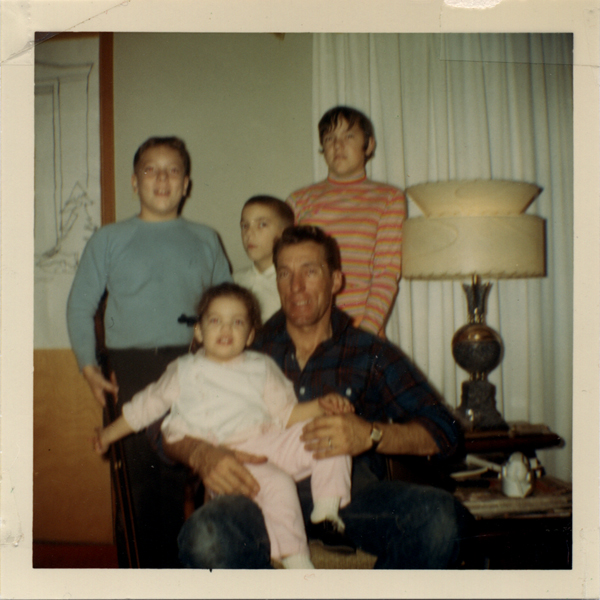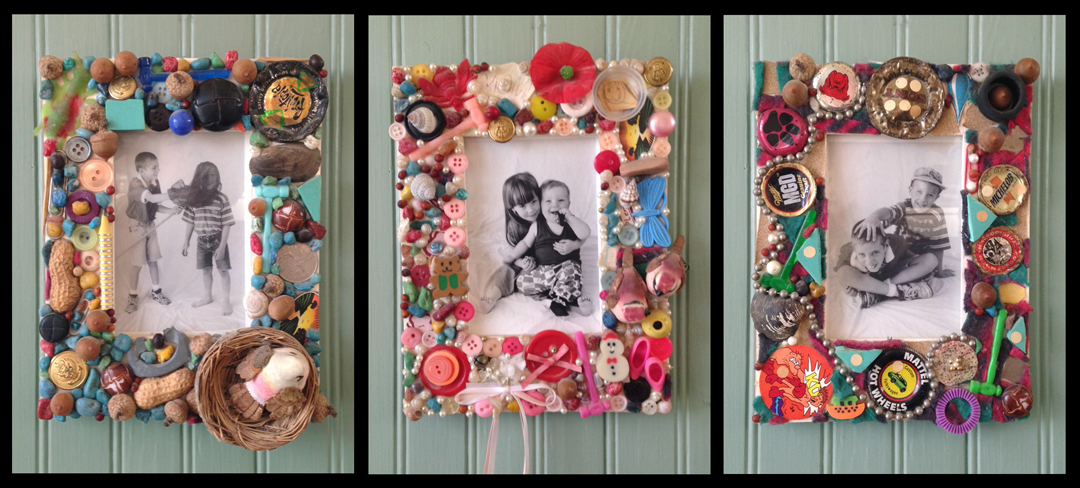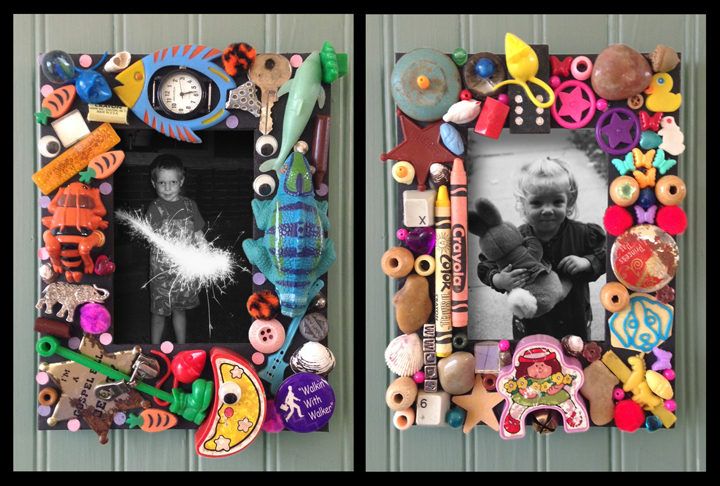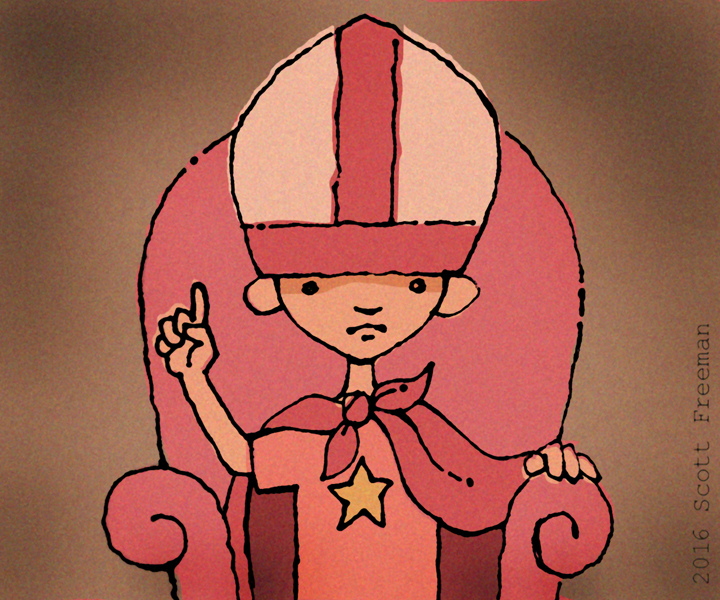
Dad, me (center,) the sibs, and a stylish lamp – 1967
As a young man I never really dreamed of having kids, or even of getting married for that matter. I had been paying attention, and I rarely saw a marriage that looked like an enviable situation to me. I wasn’t necessarily opposed to the idea, it’s just that I had a lot of other things that I wanted to do. Things that probably wouldn’t provide a reliable means to support a family. Things like being an artist.
Wow, how things changed. Mollie and I will celebrate our 32nd wedding anniversary this fall, and our youngest of 5 children graduated high school 2 years ago. I now consider my relationship with my wife and kids to be far and away the best investment of my time, energy, and life that I could have made. I’m so glad we had 5 kids. I really could not have guessed how deeply fulfilling being a dad would be.
When my first son was born, literally when I first laid eyes on him, it was as though a switch got flipped. I embraced fatherhood with a passion. Building a solid marriage and family is hard work, but looking back on my own upbringing I could see that it was as important as any work there is.
Did I do things perfectly? Of course we all know the answer to that…
A bad dad story
Not that I need to prove I’m not perfect, but there was this one day when I took our (then) four kids with me to the grocery store to give mom a break.
We got out of the mini-van, and there was a stray shopping cart right next to the van. I strapped the baby in to the built in car seat, and told my kids I would give them a ride to the store entrance! I told my daughter to stand on the end of the cart and told her to hold on tight. I positioned a boy on either side of the cart and told them to hold on tight.
I told them to hold on tight, not because anything bad was going to happen, but because I was such an awesome and responsible dad.
I started pushing the shopping cart, now loaded down with small children. I remember being a little surprised at how heavy the cart was, and thinking that we were possibly going slightly too fast. But all of my kids were laughing and holding on tightly, and I could tell they were all thinking, “YAY! We have a FUN dad!!!” Plus I couldn’t really slow the cart down anyway. I noticed several people in the parking lot looking at me like I was an idiot, but I didn’t care because I was being awesome and they weren’t.
To my relief, we actually approached the store entrance without hitting any old people or getting backed into by a car. Unfortunately, just as we were slowing down and nearly out of danger, one of the boys decided to hop off the cart. This upset the delicate balance I had created and the cart began to tip. I was not strong enough to hold back the weight of the remaining 3 kids, and the shopping cart tipped completely over, right in front of the supermarket entrance.
There I was, red-faced on the ground with 3 screaming kids, including a baby who was (fortunately) strapped in, upside down in the shopping cart.
I remember being really glad my wife wasn’t there.
Embracing the fatherhood role
My dad was apparently smarter than me. I had a great dad and a very secure, I would even say uneventful, upbringing. No abuse, no feelings of non-acceptance, not even any big hurtful words or moments that I can remember. I took this for granted at the time. It simply fit with the way I thought a dad who claimed to follow Jesus should raise his kids. The love of my parents made the world make sense to me. I have now come to see how unusual my upbringing was.
It almost seems unfair just how much fathers impact the lives of their children. My adult children now lament that, even among their Christian friends, great dads seem to be rare. Many kids grow up warped by dads who were physically and/or emotionally absent, or abusive, or habitually angry, or control freaks, or unaccepting, or too proud to admit when they were wrong.
But there is an upside to how much impact a dad will inevitably have on his kids. The upside is that we can consciously choose to influence our kids for good. We can ask God the Father to give us the heart of a father – the kind of heart that He had in mind when He created the fatherhood role.
As a young parent, my dad’s example was always in the back of my mind, like a north star that I could navigate by when I was unsure of what to do. I think it gave me an added measure of confidence and peace in my parenting as well. But even if your upbringing was troubled, you can still learn from your parents’ mistakes, as our own kids will certainly learn from ours.
May this day inspire you to renew your mind and renew your commitment to be a great father to your children. No one else can do this as well as you.
“…For the one who sows to his own flesh will from the flesh reap corruption, but the one who sows to the Spirit will from the Spirit reap eternal life. And let us not grow weary of doing good, for in due season we will reap, if we do not give up” (Galatians 6:8-10.)






